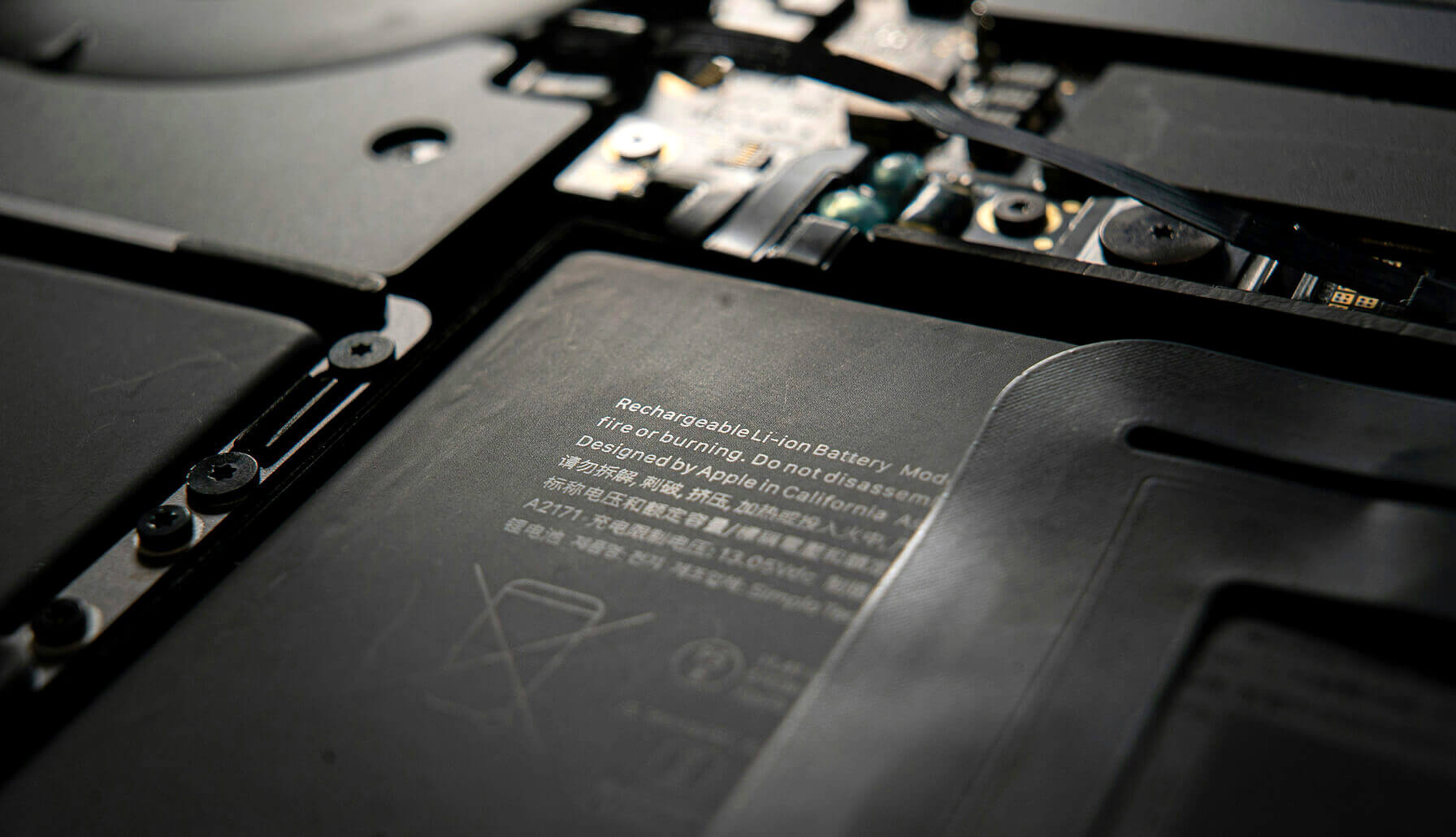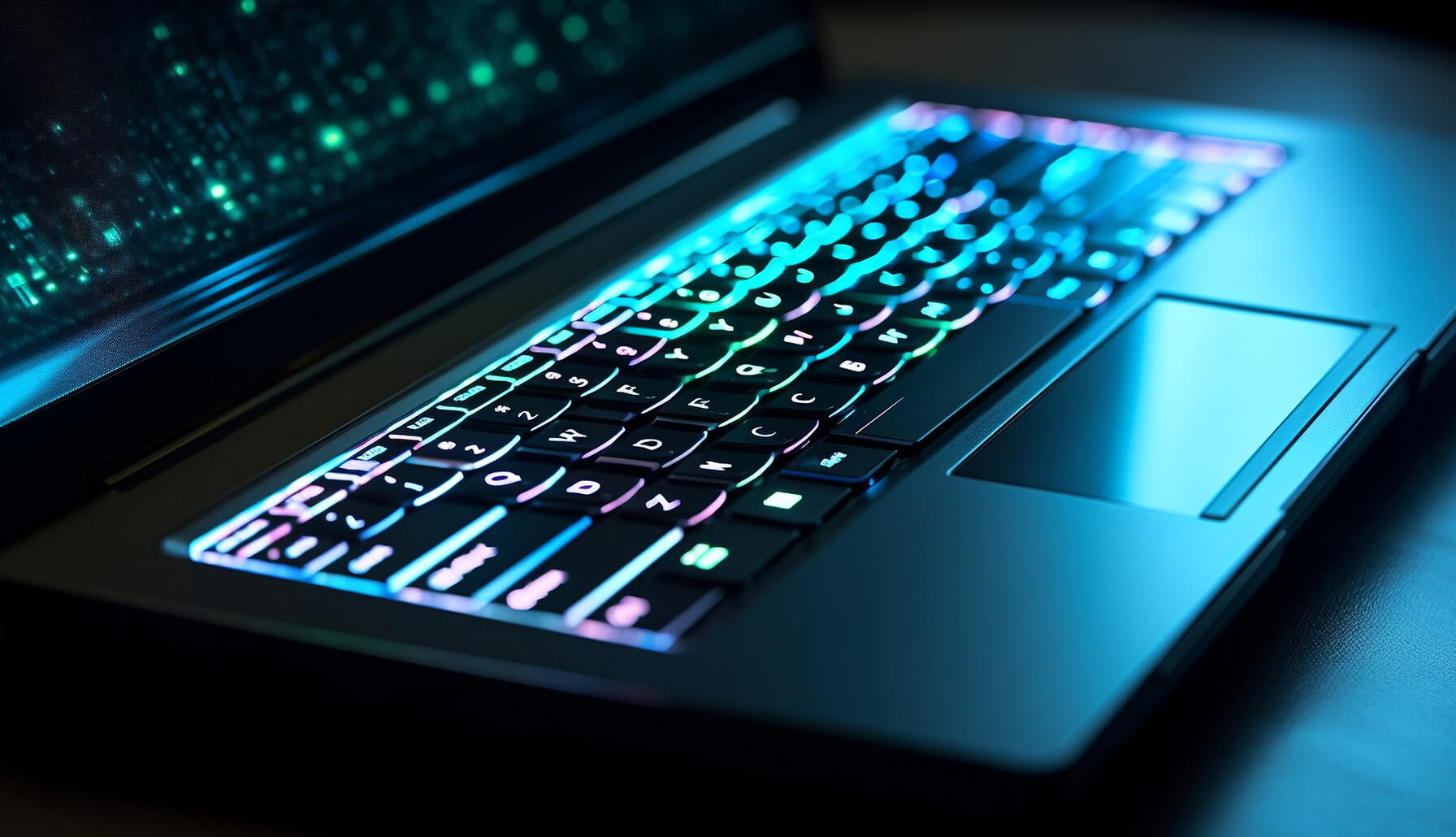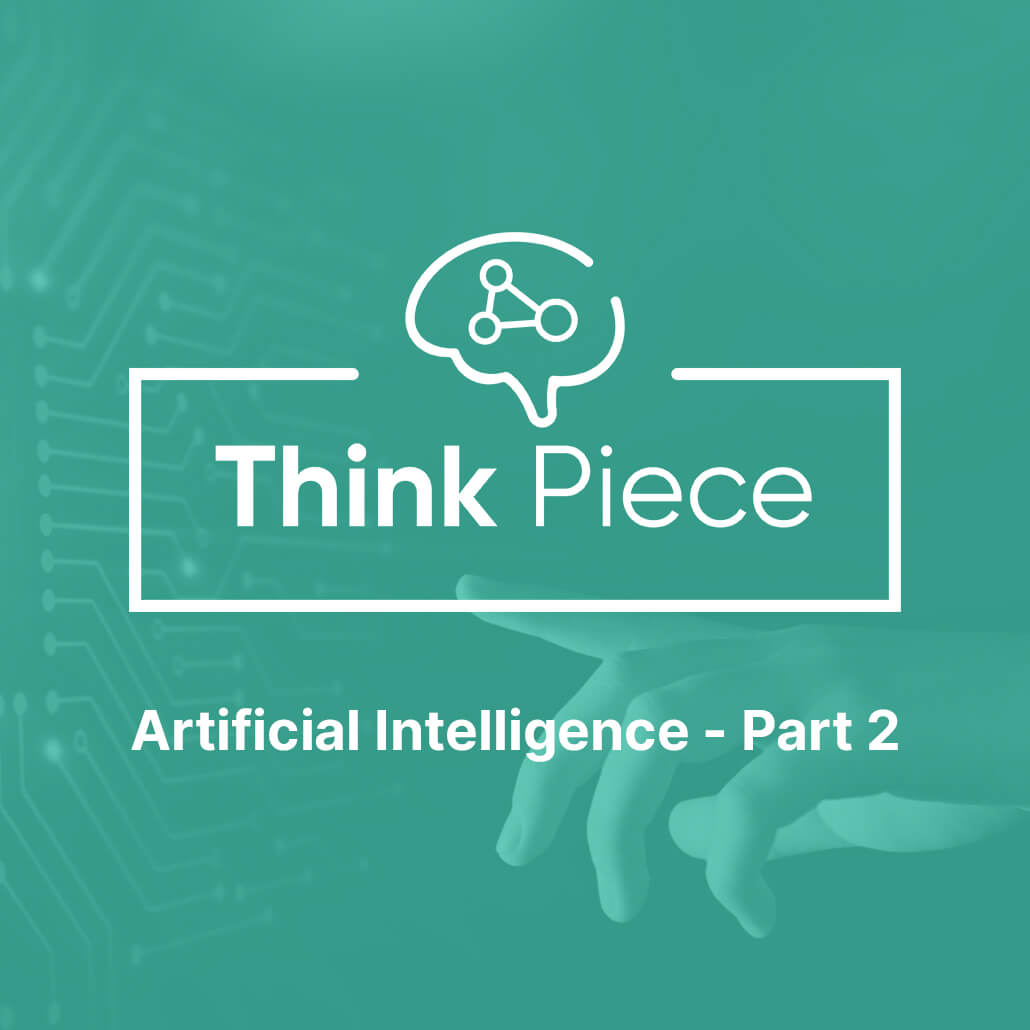Lithium consumption by batteries could be reduced by 70 percent
Lithium consumption by batteries could be reduced by 70 percent
Microsoft and Pacific Northwest National Laboratory (PNNL) have developed a new battery material based on High-Performance Computing (HPC) and AI, that could potentially reduce lithium usage by 70 percent. Laptops, which rely on lithium-ion batteries, are considered the most efficient on the market.
The research by the Azure Quantum Elements service explains that by reducing the reliance on lithium, the cost and environmental footprint of battery production for data centers can be significantly reduced. In addition, the development of batteries with less lithium contributes to more sustainable energy storage solutions. While scientific research currently focuses on reducing lithium usage, it may also lead to batteries with improved performance and capacity, which is critical for the energy requirements of modern data centers. “The intersection of AI, the cloud and high-performance computing, along with human scientists, is essential to accelerate the path to meaningful scientific results,” states Tony Peurrung, Deputy Director for Science and Technology at PNNL. “Our partnership with Microsoft aims to make artificial intelligence accessible to scientists. We see the potential for AI to bring forward a material or approach that is unexpected or unconventional, but worth exploring. This is a first step in what promises to be an interesting journey to accelerate the pace of scientific discovery”.
Although the results are promising, the research is still at an early stage. The exact chemical composition of the new material, which contains both lithium and sodium, is still subject to optimization. Research is also still needed on its performance when used on a larger scale.
Recently, a new method of recycling lithium was announced, that also might herald a promising break-through when it comes to the reduction of lithium usage. Big shortages of metals used in electronics such as laptops and smartphones are foreseen. Governments are expected to improve the infrastructure around recycling. In addition, an increase in investments is also required to research methods how crucial raw materials can be won from electronic waste.






